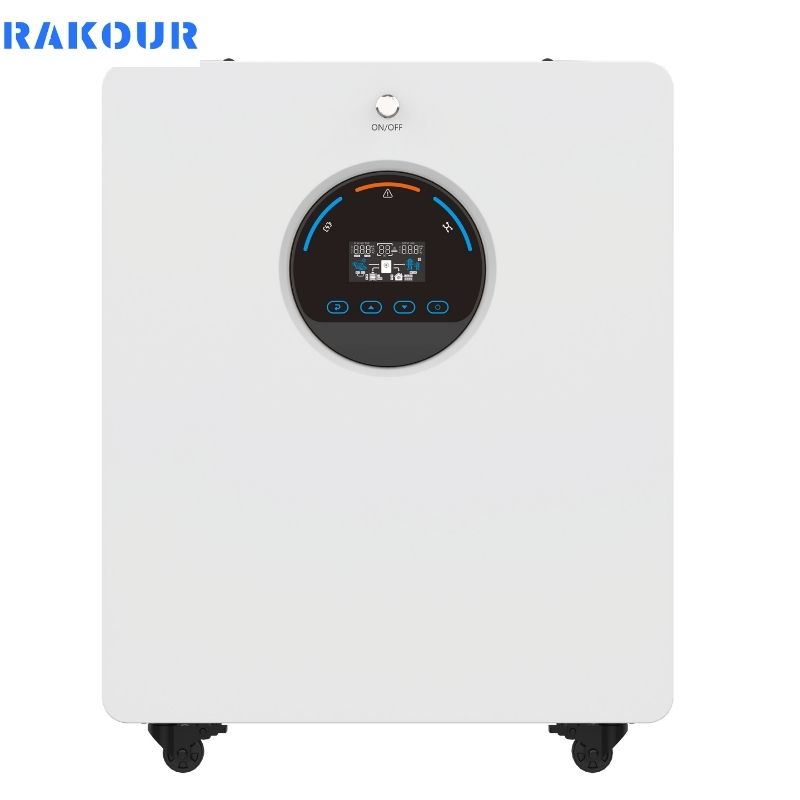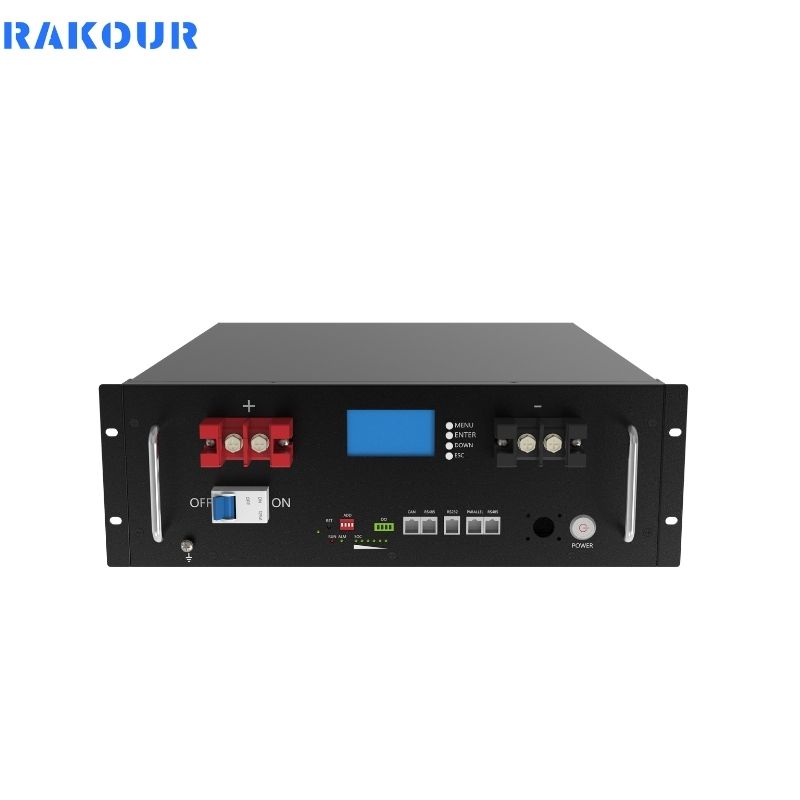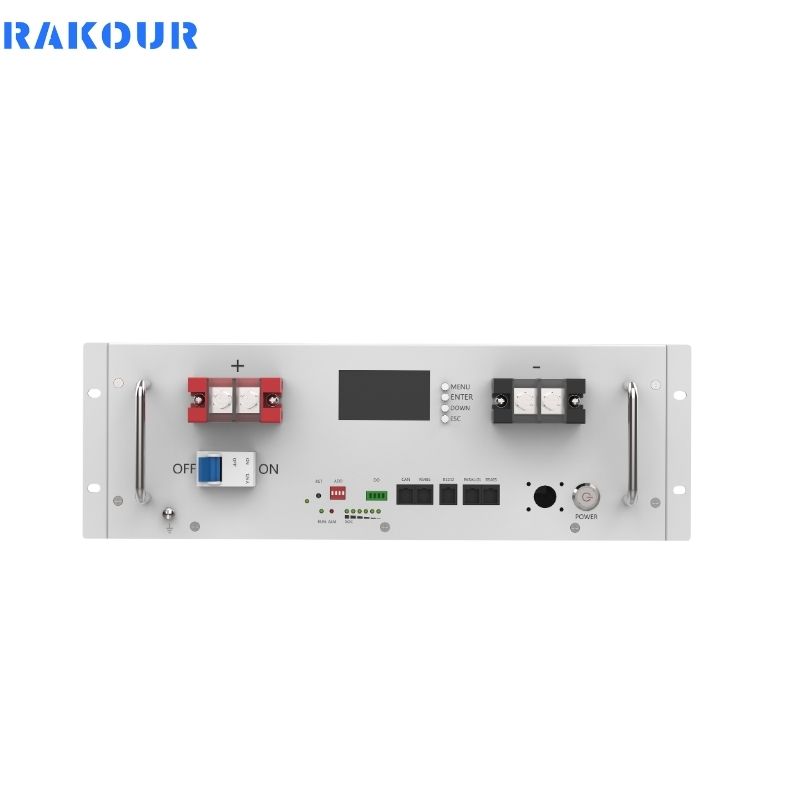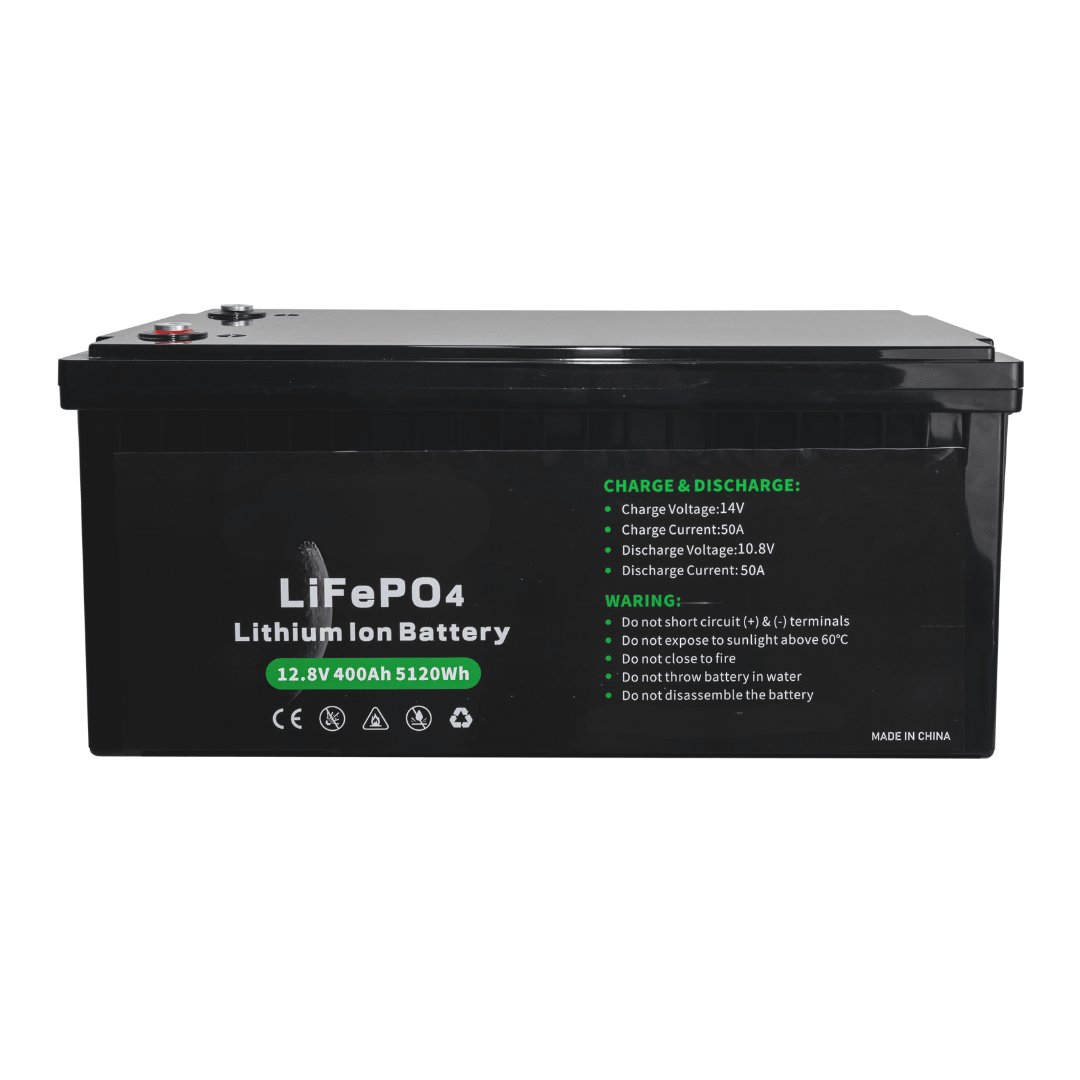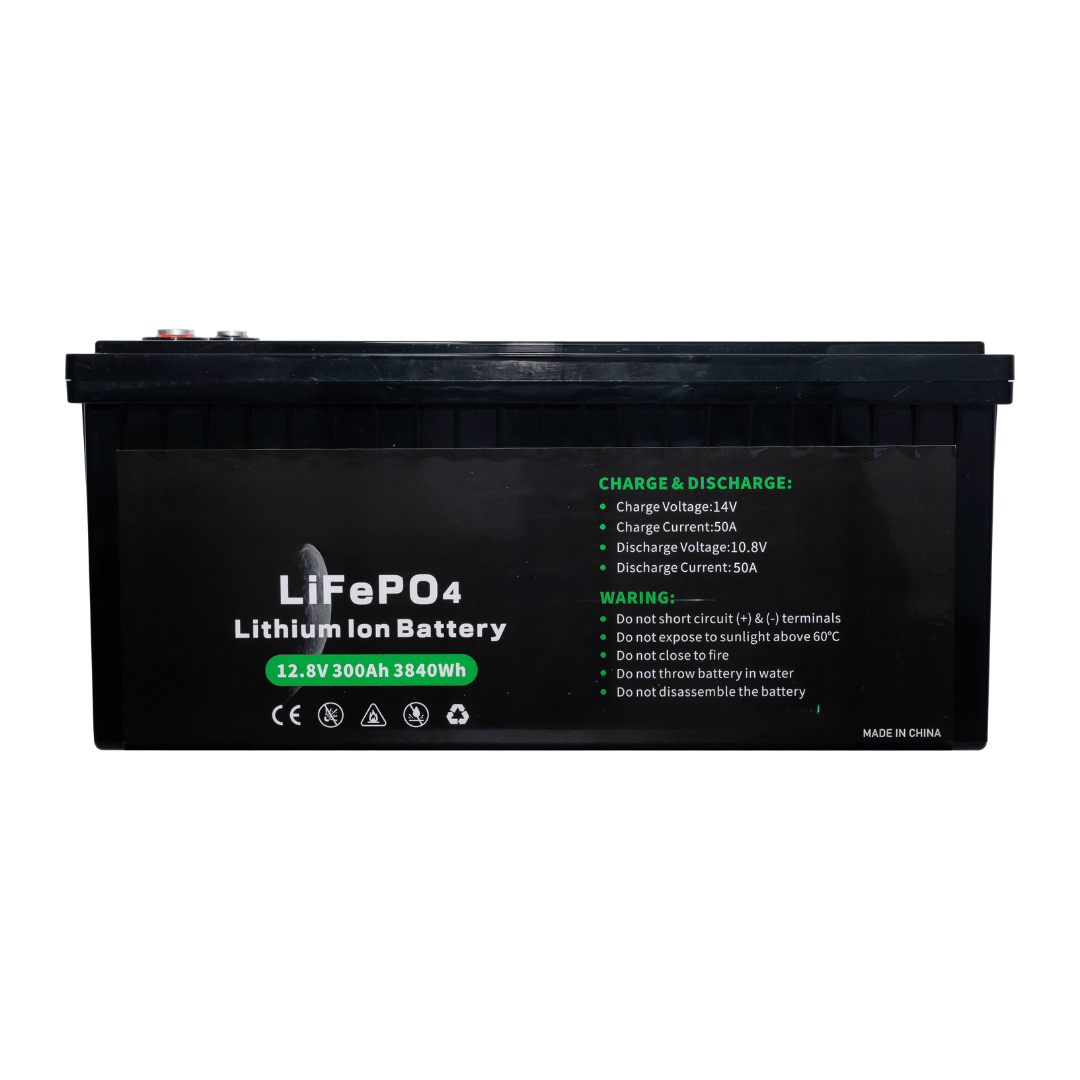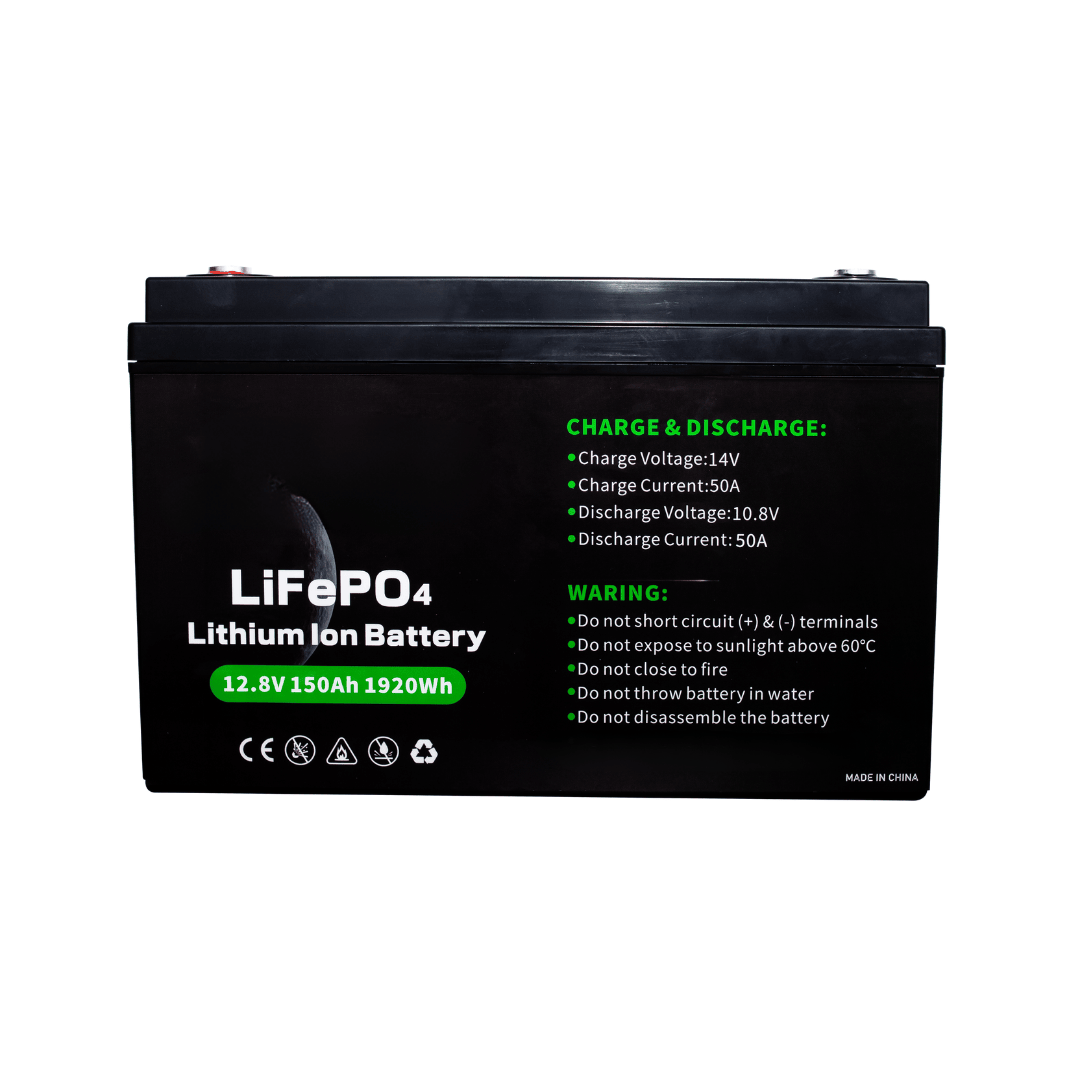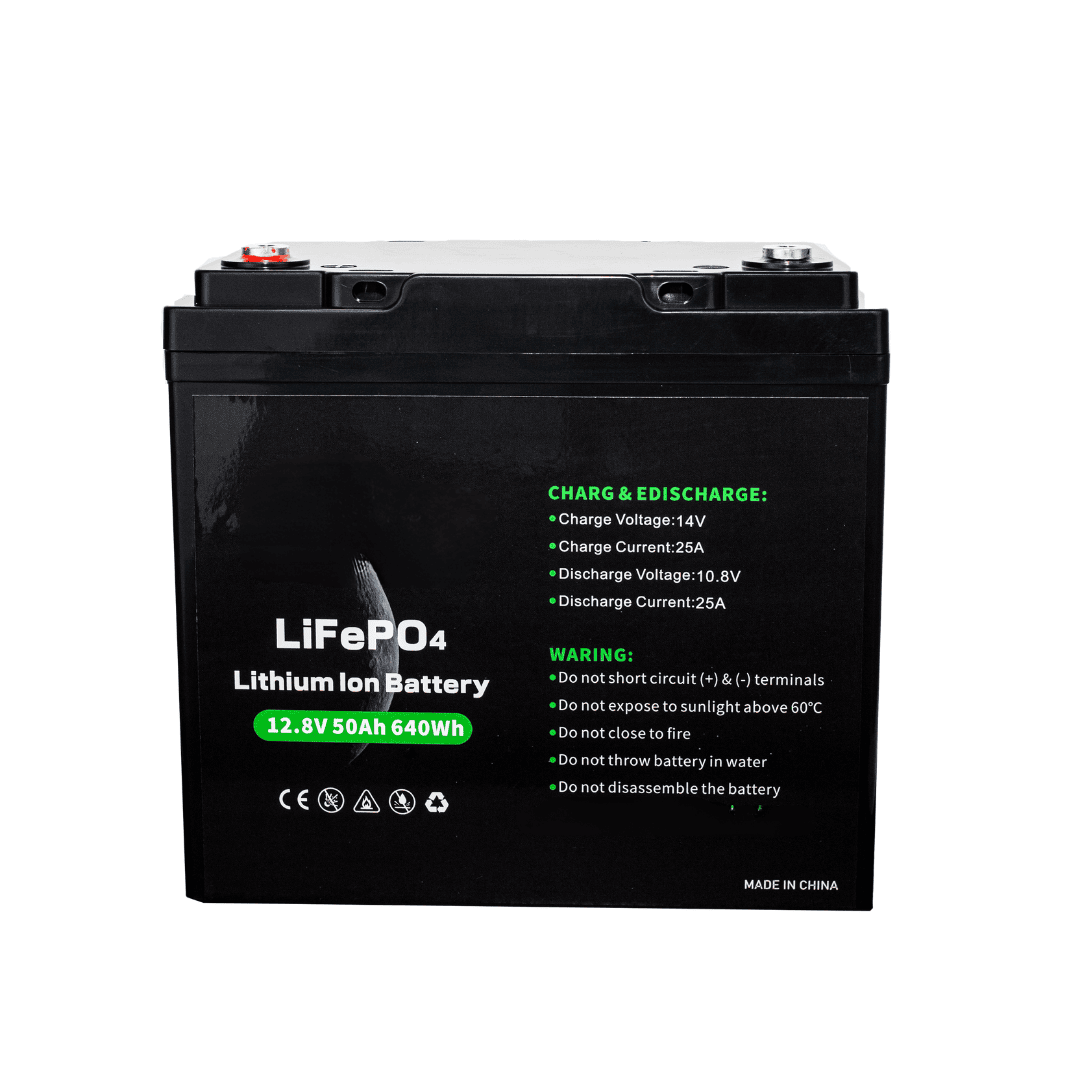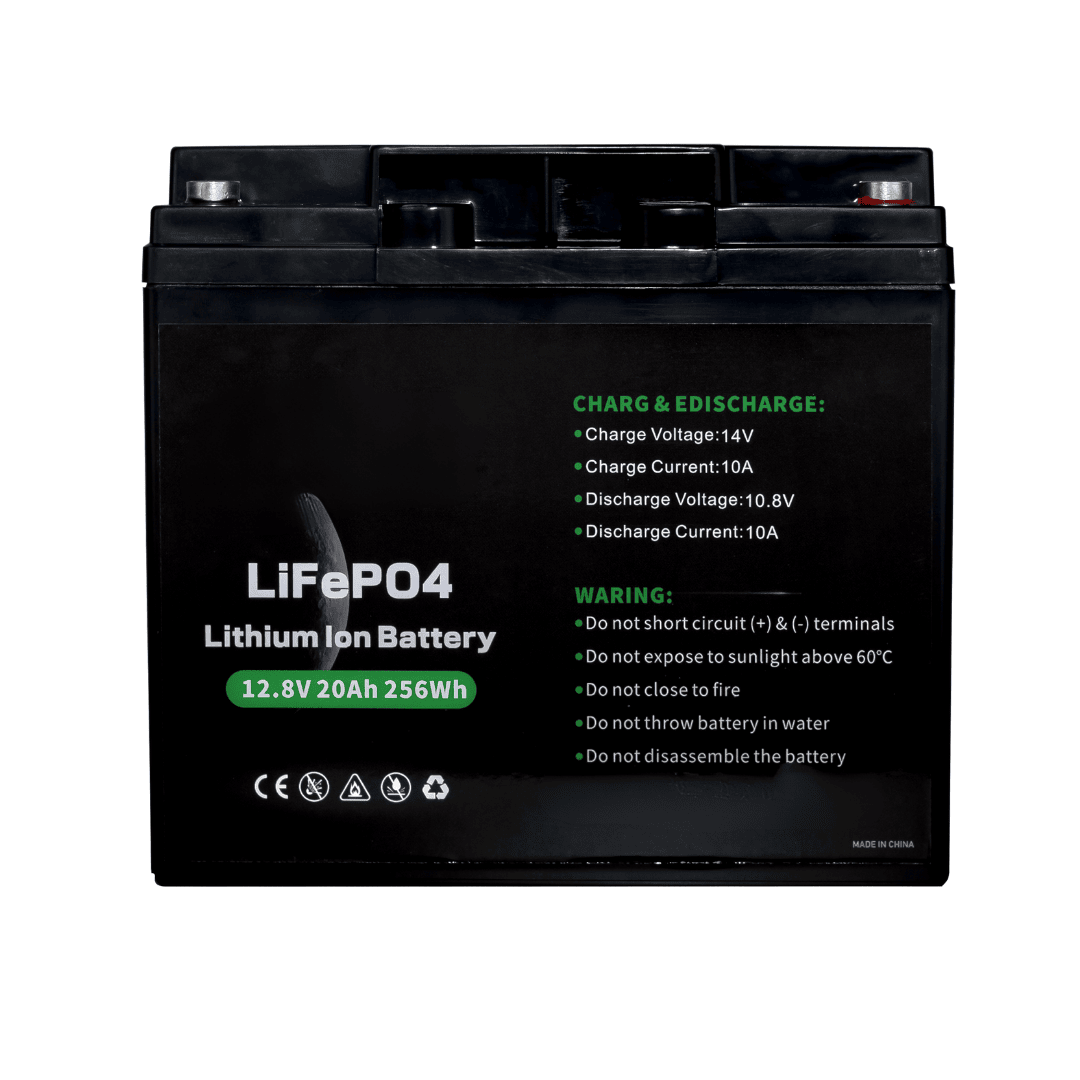How Long Do Golf Cart Batteries Last?

Golf cart batteries, crucial for vehicle performance, have varying lifespans influenced by type, usage, and maintenance. Lead-acid batteries, the most common, last 4-6 years on average but can reach 6-10 years with proper care. AGM batteries offer similar durability with less maintenance, while lithium-ion batteries provide exceptional longevity of 10-20 years, making them an attractive choice for long-term value despite higher initial costs.
How long does a 12 volt deep cycle marine battery last

The lifespan of a 12-volt deep cycle marine battery is influenced by various factors, including the type of battery—such as lead-acid, AGM, gel cell, or lithium-ion—along with usage patterns, maintenance practices, and environmental conditions, ranging from 2 to over 10 years.
What is the difference between a marine battery and a deep cycle marine battery?

Marine and deep cycle marine batteries are essential components for boating, each tailored to specific functions; marine batteries, including starting and dual-purpose types, provide quick bursts of power for engine ignition and moderate cycling for electronics, while deep cycle batteries are designed for sustained energy delivery to power accessories over extended periods.
Are lithium batteries suitable for marine use?

Lithium batteries are transforming marine power systems by providing boaters with enhanced performance, reliability, and energy efficiency, while also incorporating advanced safety features to address potential risks. Despite their higher initial cost, these batteries offer long-term value through their extended lifespan and minimal maintenance, making them an increasingly popular choice for marine enthusiasts.
Top 10 Lithium-Ion Battery Manufacturers

The global lithium-ion battery market is led by CATL, which holds a 37.7% market share and is renowned for its innovation in electric vehicle and energy storage solutions, followed closely by major players like BYD and LG Energy Solution, as these companies strive to meet the increasing demand for advanced battery technologies.
How to maintain a 12V lithium battery?

Maintaining a 12V lithium battery requires careful attention to charging practices, temperature management, and proper storage techniques to ensure optimal performance and longevity. From using the correct charger to avoiding extreme temperatures, proper maintenance can significantly extend the life of these powerful energy storage devices.
How many lithium cells does it take to make a 12V battery

The number of lithium cells needed to create a 12V battery varies based on the type of cells used, with common configurations typically involving four cells in series, such as 3.7V lithium-ion or 3.2V LiFePO4 cells, though some setups may use three 18650 cells for slightly lower voltage outputs.
What is 100Ah of lithium equivalent to?

The conversion of amp-hours (Ah) to watt-hours (Wh) for a 100Ah lithium battery varies with the system voltage, resulting in different energy storage capacities such as 1,200Wh for 12V, 2,400Wh for 24V, and 4,800Wh for 48V systems.
Which is Better: LiFePO4 or Lithium Battery?

LiFePO4 and traditional lithium-ion batteries each present unique advantages and disadvantages, with the decision between them hinging on factors such as safety, energy density, lifespan, cost, and environmental impact, tailored to specific application needs.
What is the full charge of LiFePO4 48V battery?

LiFePO4 (Lithium Iron Phosphate) 48V batteries are integral to numerous applications, with their voltage levels being critical for ensuring optimal performance and longevity. Understanding these key voltage levels, from maximum charging to fully discharged states, along with effective battery management practices, is essential for maximizing the efficiency and lifespan of these power sources.
Why is a 48V lithium battery more suitable for home battery backup systems?

The rising preference for 48V lithium batteries, especially LiFePO4 variants, in home battery backup systems is attributed to their superior efficiency, scalability, cost-effectiveness, safety, and environmental benefits compared to traditional alternatives.
Do you need a special charger for a 12V lithium battery?

Determining whether a special charger is necessary for a 12V lithium battery is a common question among battery users, as using a lithium-specific charger is generally recommended to ensure safety, optimal performance, and longevity due to its tailored charging profile, voltage precision, and compatibility with the Battery Management Systems (BMS) found in modern lithium batteries.



